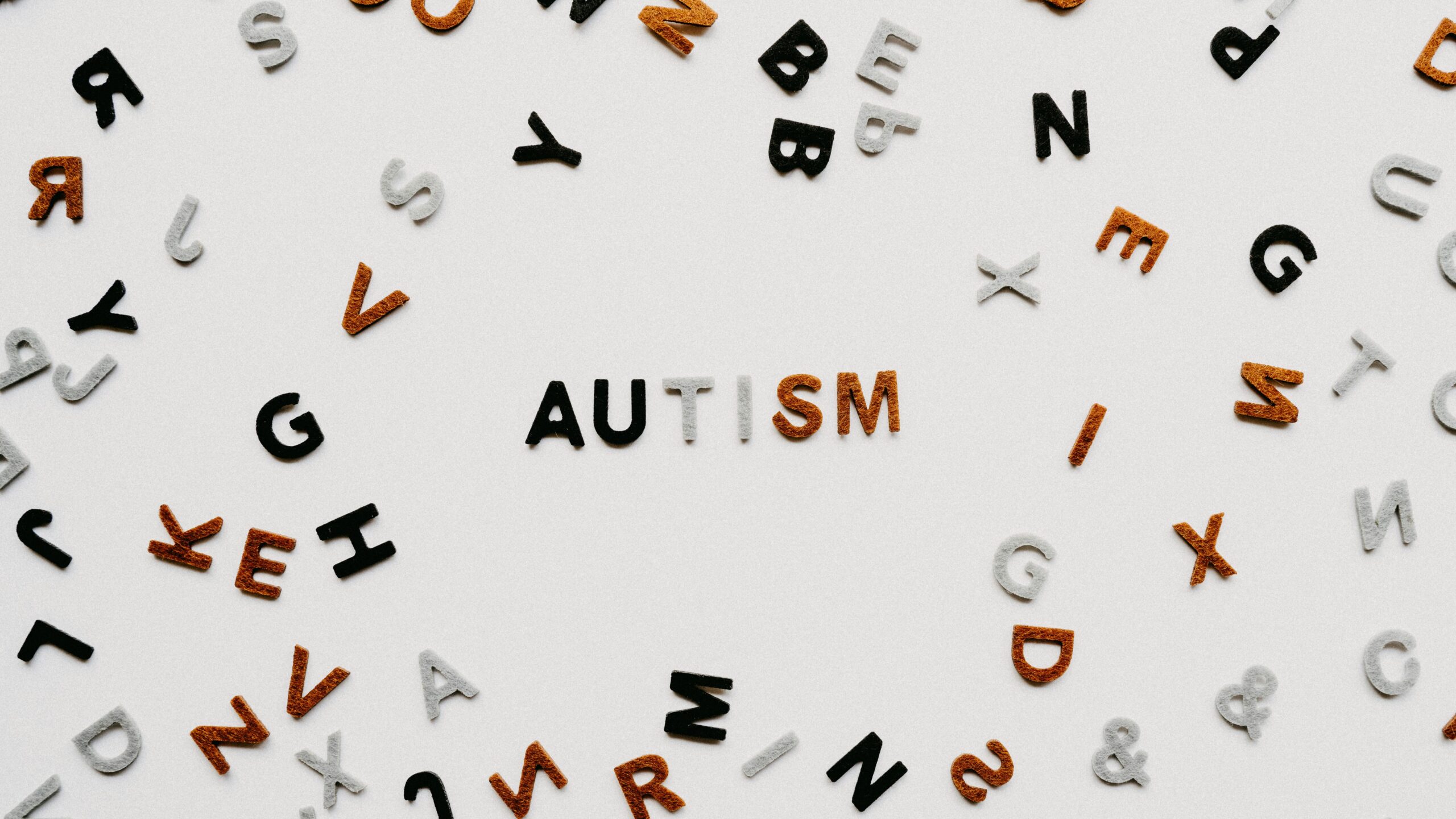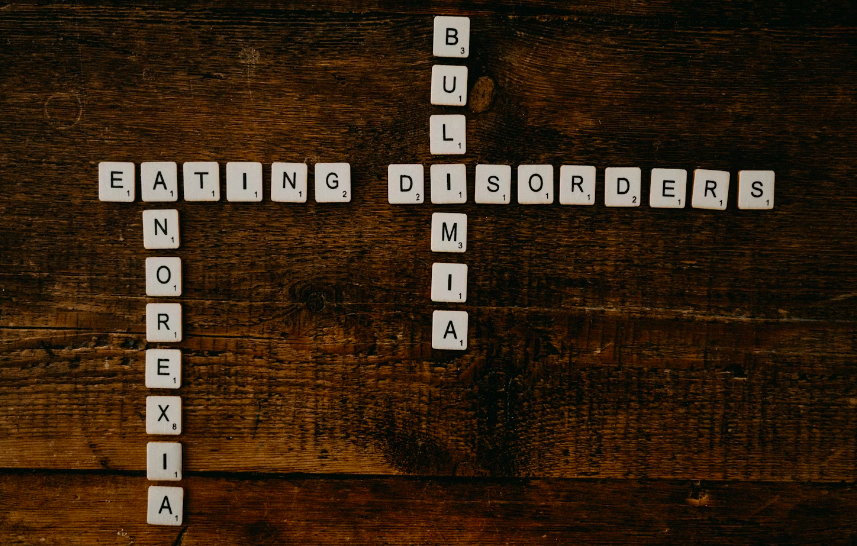
What To Know About Autism – Top Questions Answered
Often in the media, the portrayal of autism has been a double-edged sword – attempts to shed light on a complex disorder, yet occasionally perpetuating stereotypes (just think of the movie “Rain Man”, starring Dustin Hoffman as an autistic savant). The reality is that autism is a multifaceted condition, and is a difficult puzzle to decode. We’re here to provide you with some answers.
Autism, also known as autism spectrum disorder or ASD for short, is a neurological and developmental disorder that causes the person to experience challenges or differences in their intellectual, social, and physical abilities.
A child who has autism may appear to be as if they are in their own world, exhibit what would be considered odd or repetitive behaviors, have problems in communication, or lack social awareness.
We refer to the spectrum when speaking about autism because we see so much variation in the severity of these symptoms.
What are the known causes of autism?
At this time, the exact causes are unknown and we can only share possible theories. Research seems to suggest that the main cause of autism lies in the central nervous system.
Additionally, there could be a possible genetic connection in potential causes, as children who have a sibling with autism or a parent with autism may be at a higher risk but research is not definitive here as it does not account for the majority of cases.
Although this is a common misconception, what we are certain about is that vaccines do not cause autism.
Can drug abuse or alcoholism during pregnancy cause autism in babies?
While drug abuse or drinking alcohol during pregnancy can cause other issues in the development of the fetus in the womb, it does not seem to cause autism.
However, it is important to note that substance use during pregnancy can increase the risk of miscarriage, stillbirth, and developmental disabilities such as fetal alcohol spectrum disorder.
Can autism be healed over time?
There is no medical cure for autism spectrum disorder. However, development and function can be positively impacted by appropriate and specialized treatment as early as possible.
If children are not given appropriate services and support for their autism early on, emotional control, relationship building, and destructive behaviors can worsen.
What types of treatment for autism are available?
As autism exists on spectrum, treatment will depend on the level of severity of the child’s symptoms.
For example, a child who experiences severe symptoms such as difficulty in speaking and an intellectual disability will be diagnosed with low-functioning autism.
A child who experiences mild symptoms with no issues in speech but difficulty with emotional awareness and reciprocity has “high-functioning ASD”.
Treatment will be different for a child with low-functioning ASD versus a child with high-functioning ASD. A comprehensive evaluation can determine what services are needed ranging from specialized language service, behavioral educational problems, peer relationship social training programs, or medication.
Medication is sometimes prescribed especially when a child with ASD has difficulty in controlling extreme emotions, particularly anger and irritability.
How is autism diagnosed exactly?
There is no medical test such as a blood test or scan to diagnose autism in a child. Instead we look at the child’s developmental history, starting with extensive interviews with parents. With that being said, parents are not able to fully answer questions pertaining to the child’s overall social awareness and ability to reciprocate emotions.
Therefore, there are objective and standardized testing measures to assess autism in the child typically administered by a clinical psychologist.
What is Asperger’s Syndrome? Is it similar to autism?
The new Diagnostic and Statistical Manual of Mental Disorders grouped autism and Asperger’s into one disorder which is now known as the autism spectrum disorder.
In other words, Asperger’s is now considered to be a form of autism spectrum disorder rather than its own separate disorder. Those with Asperger’s are considered to be those with ‘high-functioning’ autism and can communicate socially with others, perform fairly well in school, and do a range of other activities. However, they may have issues in capturing the nuances in social interactions and understanding sarcasm and humor. They may also have issues in understanding and managing their emotions, have intense obsessions with specific things, and become upset with changes in their routine.
What are some observable signs of autism?
There are observable signs of autism. For example, if a child is consistently withdrawn, uninterested or aloof and fails to respond or smile back at others, this may be a sign to have the child evaluated. Other symptoms include odd or ritualistic behaviors (such as rocking and hand-flapping), no eye-contact, or an obsessive need to keep things in order. These behaviors can be observed in children as young as 1-2 years old.
What can parents or teachers do to help children with this problem?
As soon as there is an observation that behaviors and interactions are different or unexpected from other children of the same age, it is recommended to get a behavioral evaluation. If a child exhibits the aforementioned signs persistently, an evaluation is highly encouraged. Early intervention is the best thing to do for these children. Denying or delaying evaluation and treatment out of fear or shame is a disservice to the child.
Parents should absolutely not feel ashamed if their children are diagnosed with ASD. While ASD is a neurological disorder, it is a medical disorder like any other and needs a doctor and appropriate treatment.
Parents are encouraged to be empowered to cultivate a deep level of patience. This may sometimes be much easier said than done. However, a lot of the negative or odd behaviors by a child with ASD is not intentional. They are not trying to make things difficult!
Finally, make an effort to learn how to connect with the child, as normal ways of connecting may not work. Try and notice what language and gestures the child understands. Working with a professional knowledgable about ASD can help parents connect better and minimize confusion and hurt. For example, a child with ASD may not be able to respond to a parent saying “I love you.” Parents will have to re-learn ways to communicate and show their love to their child with ASD. Their children may show their love in different ways.
Just like when we travel abroad, we attempt to learn the language and culture, it is a similar experience when interacting with those with ASD. We have to find a way to learn their language.
What words of encouragement do you have for parents and teachers of autistic children? How can we show love to children with autism?
First and foremost, we want parents to know it is not their fault or any past mistakes or pregnancy issues. If the diagnosis occurs later in childhood around age 5, we see many parents blaming themselves and saying it must have been something they did to cause ASD in those first five years. This is truly not the case.
Another thing we want to encourage parents to remember is that this child is special in God’s eyes. A lot of parents are ashamed that they have a child with a disability. We have to remember that God has a plan for all of us.
During development, children with ASD have many more gaps to overcome.
Parents and teachers can help bridge the gaps in development in a child with ASD. They have important roles in helping autistic children discover their strengths, recognize what is in their realm of control, and what they can accomplish.
Parents and teachers can also present the Gospel to autistic children at their wavelength. Normally, we would tell young children: “Jesus loves you.” However for autistic children, they may not fully understand what that love means. So perhaps we could break it down for them into smaller parts or provide them with different examples.
Last but not least, we encourage parents to practice unconditional love for their children with ASD. This is not to say we must accept or ignore negative behaviors. However, we can love them for who they are – with their tendencies and all – and truly believe and understand that God also has a plan for them.
You can watch the accompanying Anchor of Hope video here.
Enjoyed our blogpost? Subscribe to our newsletter for more resources on mental health and integrating the Gospel message in your healing journey.
If you found our resources useful, please consider donating to Oak Health Foundation, which is a 501(3)c nonprofit dedicated to providing resources regarding holistic mental healthcare and subsidized treatment for those in need.




